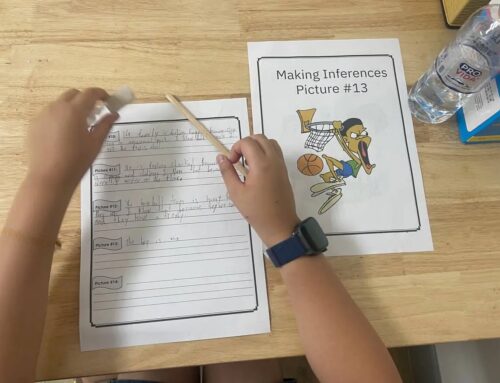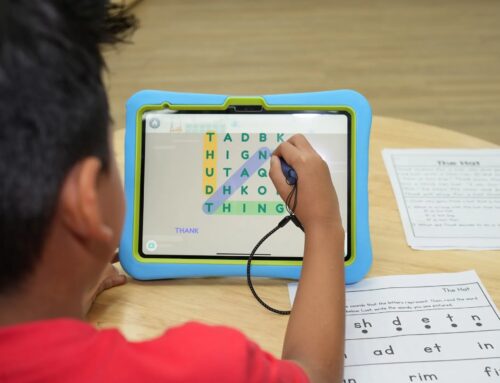[ad_1]
It’s not uncommon for children to begin talking later than expected. But as a parent in Phnom Penh, how do you know when to wait—and when to seek help? At OrbRom Center, we often work with families who are concerned their child is a “late talker.” The good news is, with the right support, most children can catch up and thrive in their communication.
If your child is over 2 years old and still not saying many words, you’re not alone—and early speech therapy can make a world of difference.
Who Is Considered a Late Talker?
A “late talker” is a toddler (usually 18–30 months old) who understands language well and develops other skills normally but has a limited spoken vocabulary for their age.
Common signs include:
-
Fewer than 50 words by 2 years old
-
Little to no word combinations (e.g., “more juice”)
-
Difficulty imitating sounds or words
-
Good understanding but little verbal output
-
Reliance on gestures or pointing instead of speech
In a multilingual city like Phnom Penh, it’s important to remember that speech delays are not caused by hearing two languages—but they can sometimes make it harder to detect delays early.
Why Do Some Children Talk Late?
There are several reasons why a child might be a late talker, including:
-
Family history of speech delay
-
Birth complications or prematurity
-
Sensory processing challenges
-
Mild developmental delays
-
Unknown causes
Some late talkers eventually catch up on their own, but others need intervention to avoid ongoing struggles with communication and learning.
How OrbRom Center Supports Late Talkers
At OrbRom Center in Phnom Penh, we provide specialized speech therapy for toddlers and young children. Our therapists use play-based, evidence-based methods to:
-
Expand your child’s vocabulary
-
Encourage word combinations
-
Improve speech clarity
-
Build confidence and reduce communication frustration
-
Coach parents on how to support language at home
We also offer developmental assessments to identify whether speech delay is an isolated issue or part of a broader developmental profile.
When to Seek Help
Don’t wait for your child to “catch up.” If your child:
-
Is 18 months and not saying at least 10 words
-
Is 2 years old and not combining words
-
Seems frustrated trying to communicate
-
Understands language but avoids speaking
…it’s time to talk to a professional.
Our team at OrbRom Center is ready to support you every step of the way. Find us on Google Maps and schedule a consultation today.
Final Thought
Every child develops at their own pace, but silence can sometimes be a sign that support is needed. At OrbRom Center in Phnom Penh, we help late talkers find their voice—so they can grow, connect, and express themselves with confidence.
[ad_2]
Source link






